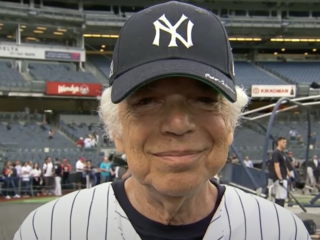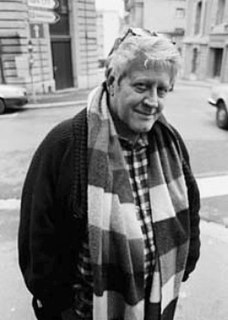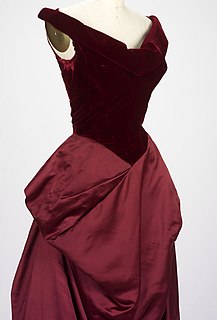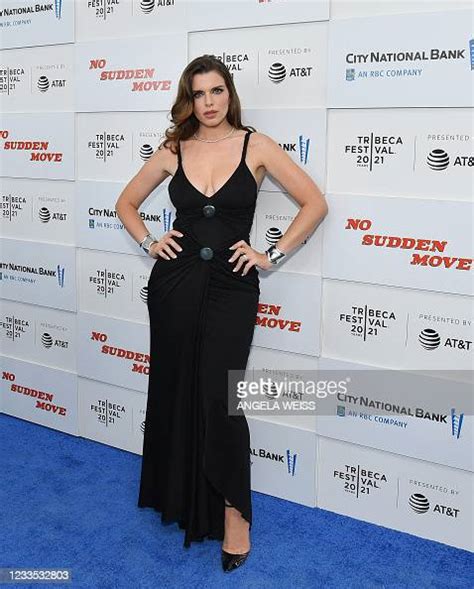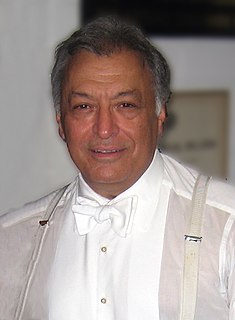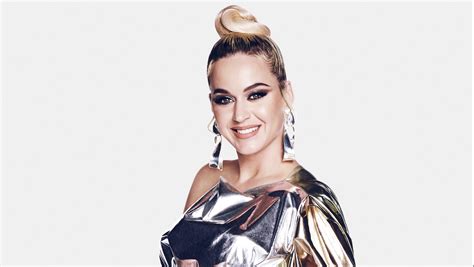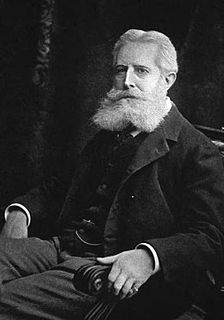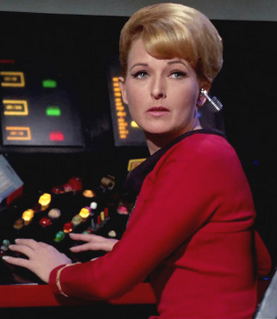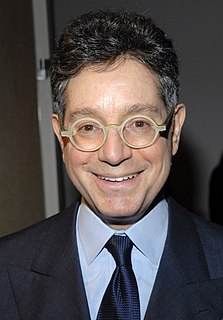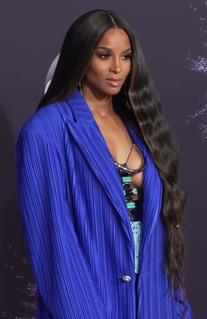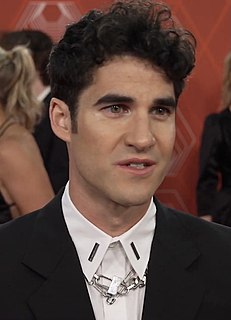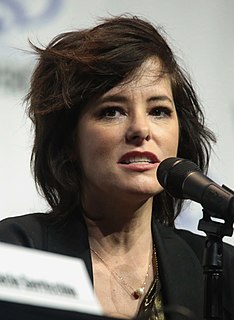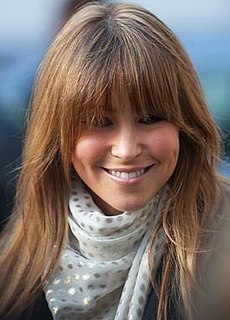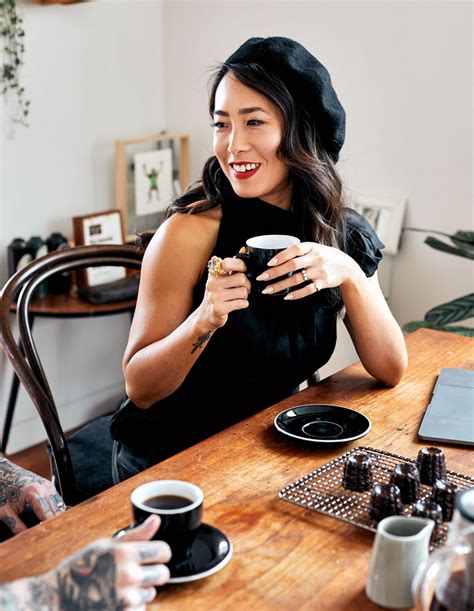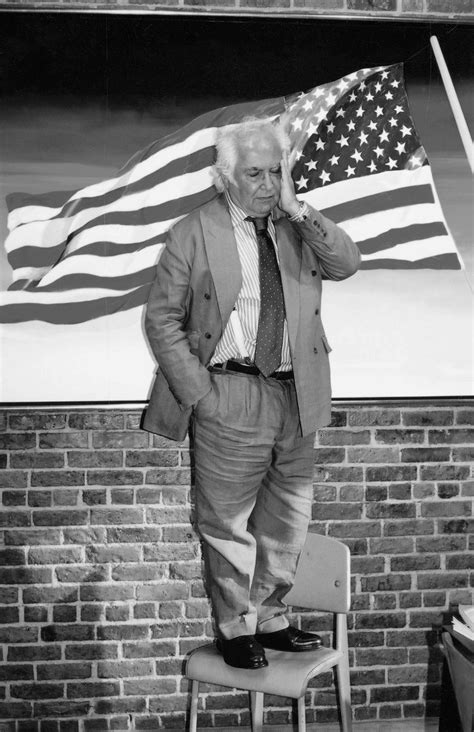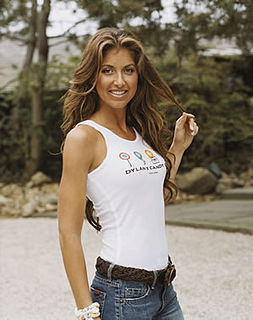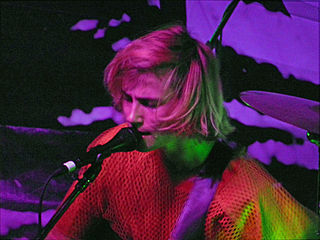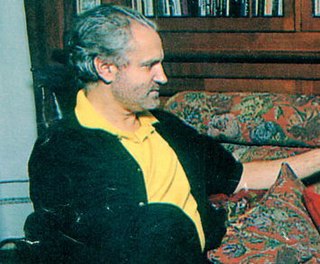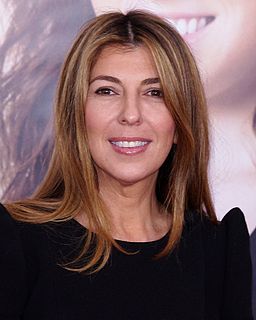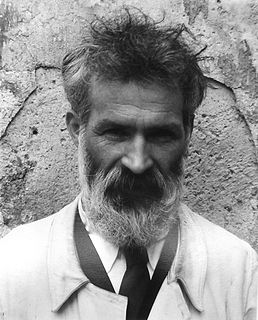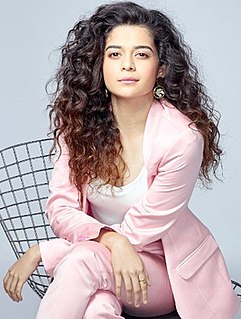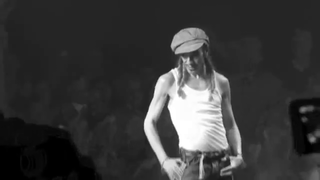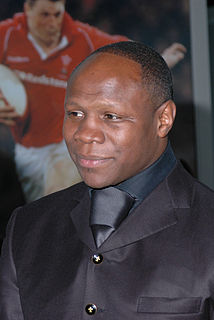Top 1200 Fashion And Art Quotes & Sayings - Page 2
Explore popular Fashion And Art quotes.
Last updated on November 23, 2024.
Fashion is fun, and fashion is a form of art and self-expression. And I think it should have a wink-wink nature to it. For me, it's about the way it makes you feel. If you want to feel sexy, you want to feel bright, you want to feel good. That's what people are attracted to - when they see you execute an emotion or an idea clearly and proudly.
My aunt was Frances Hodges, who in the Fifties was the editor of 'Seventeen' and later one of the creators of 'Mademoiselle.' She was my Auntie Mame; she loved culture. She was a Quaker, but she became a milliner against all Quaker logic - they feel that fashion and art are vanities - because she loved fashion.
Maybe Japan itself is a little similar in that a lot of young people seem to have a little knowledge but not too much depth. I guess my perception of the art specialists in America or in Europe is that the art people are kind of mainly just the art people and that community is self-contained. But in Japan, it mixes with fashion and other things. I'm sure that many authentic art dealers or insiders didn't like the way that we presented our show in this very pop-y, accessible manner - just showing parts of our collections and selling prints and collaborative products.
By the late '50s, something was happening in England, and it got to be quite exciting. The music world then started to explode with the Beatles and the Rolling Stones. It was an incredible time with this mixture of independence in art, fashion, and the explosion of the pop sensibility. London was certainly at the center of it all for a few years. And as far as art is concerned, I think that sensibility of what was later called Pop art started in England even before America. And so I was lucky to be there.
It's just weird that for some people, art is a luxury. My parents had no artistic outlet. Some people pass down music to their kids, but I couldn't tell you what my mom's or dad's favorite song is. So when I started going out into the world, I was drawn to people who knew about movies, art, even fashion.
Fashion has been collected and exhibited for many years. People were picking up clothing of famous individuals, like Marie Antoinette's shoe or Napoleon's hat. That part of the resistance to having fashion in museums had to do with it being associated with femininity, and with the female body. Yet, as early as the 18th century, some people were recognizing that just as you collected art, you, might think about collecting fashion for museums, because it would provide insight into the way people thought about their lives and, and the way they envisioned themselves.
I write some art criticism, and one thing that's clear to me is that politics is fashionable in the American art world in a way it maybe isn't in American fiction. Your work of art becomes fashionable the moment it has some kind of political commentary. I think this has its dangers - the equation between fashion, politics, and art is problematic for obvious reasons. Nonetheless, the notion of politics as being de rigueur in the world of fiction is almost unthinkable. In fiction in America at the moment, the escape into whimsy is far more prevalent than the political.
I think fashion is probably one of the most accessible and immediate forms of visual culture. In 1978, when I realized that I wanted to work on fashion, I had gone to Yale to get my Ph.D. in European cultural history. I suddenly realized fashion's part of culture, and I can do fashion history. All my professors thought this was a really bad idea, that fashion was frivolous and unimportant. And, increasingly over time, people have recognized that it provides such a mirror to the way we think, our values and attitudes.

